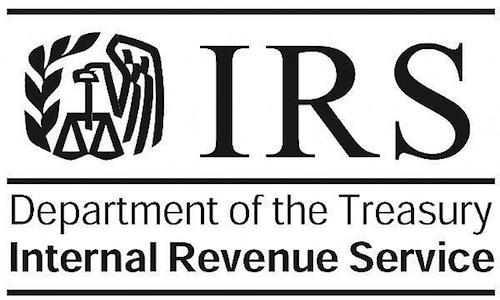The American Institute of CPAs (AICPA) has submitted comments to the Internal Revenue Service (IRS) on proposed regulation Reg-120186-18 related to investing in Qualified Opportunity Funds (QOF).
Reg-120186-18 provides guidance under new section 1400Z-2 of the Internal Revenue Code relating to gains that may be deferred as a result of a taxpayer’s investment in a QOF, as well as special rules for an investment in a QOF held by a taxpayer for at least 10 years.
The AICPA has submitted recommendations on the proposed regulations related to investing in qualified opportunity funds on the following areas:
· 180-Day Period for a Partner Electing Deferral and Certain Partnership Transactions;
· Gains from Section 1231 Property;
· Dispositions of QOF Property with Respect to Investments Held for at Least 10 Years;
· Pre-Finalization Reliance on Prop. Reg. § 1.1400Z2(c)-1;
· Distributions in the Case of a Mixed-Funds Investment in a QOF Partnership;
· Disguised Sale Rules and Mixed-Funds Investments;
· Step-up to Fair Market Value of the Underlying Investment in a QOF at the Death of the QOF Investor;
· Rollover of Gain by Either Grantor or Trustee of a Grantor Trust; and
· Other Issues Requiring Guidance or Clarification Related to Section 1400Z-2.
Reg-120186-18 also updates portions of previously proposed regulations under section 1400Z-2 to address various issues, including: the transactions that may trigger the inclusion of gain that a taxpayer has elected to defer under section 1400Z-2; the timing and amount of the deferred gain that is included; the treatment of leased property used by a qualified opportunity zone business; the use of qualified opportunity zone business property in the qualified opportunity zone; the sourcing of gross income to the qualified opportunity zone business; and the “reasonable period” for a QOF to reinvest proceeds from the sale of qualifying assets without paying a penalty. These proposed regulations will affect QOFs and taxpayers that invest in QOFs.
Thanks for reading CPA Practice Advisor!
Subscribe Already registered? Log In
Need more information? Read the FAQs




